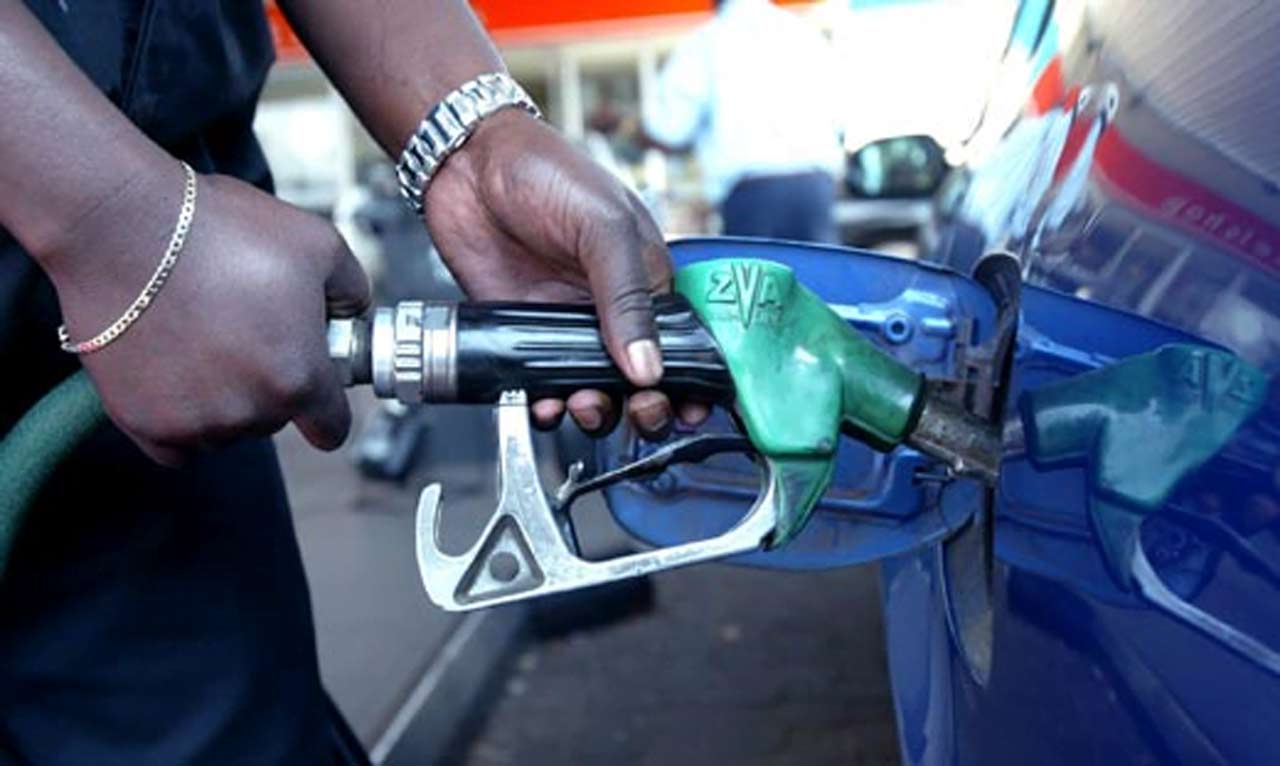The subsidy removal on fuel has become increasingly worrisome to the masses.
Poverty in the country is escalating at an alarming rate, and many people can no longer afford necessities like food, healthcare and education. Civil servants for instance are being forced to sell their cars or abandon them entirely due to the skyrocketing and unstable price of fuel.
In response, the government has introduced various palliative measures aimed at providing relief to vulnerable citizens to ease the hardship. These poverty alleviation schemes, however, are far from sufficient to address the root causes of economic distress faced by many Nigerians.
Former head of state, Gen. Abdulsalami Abubakar, recently expressed his concern over this approach, stating that palliative measures alone are not the answer to the hardship and urged the government to address the hardship confronting the people.
- ASUU condemns dismissal of 120 academics over strike participation
- BUA donates N2bn to Borno flood victims
Indeed, Nigeria’s palliative distribution efforts are not enough to address the depth of poverty and hunger affecting the masses.
There have been numerous reports of corruption and mismanagement in the distribution of palliatives.
The government should rethink its policy and prioritise the needs of the poor before implementing any new actions. One crucial step would be to create an enabling environment that attracts investment, which can in turn have a positive impact on the lives of citizens. Achieving this requires adopting a flexible and inclusive approach to policy-making—one that genuinely considers the welfare of the masses.
Rabiu Musa, Department of Mass Communication, Bayero University, Kano

 Join Daily Trust WhatsApp Community For Quick Access To News and Happenings Around You.
Join Daily Trust WhatsApp Community For Quick Access To News and Happenings Around You.


